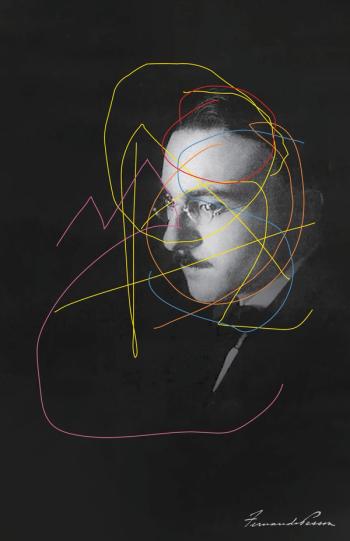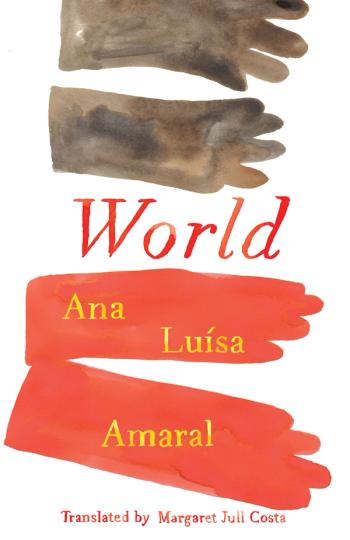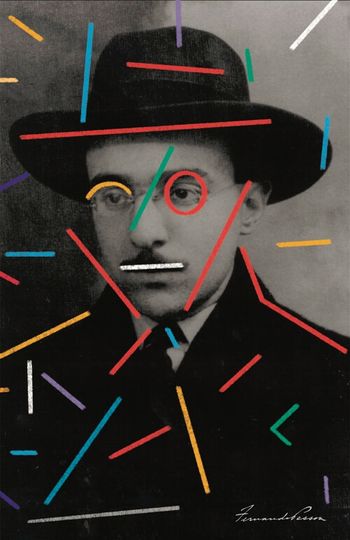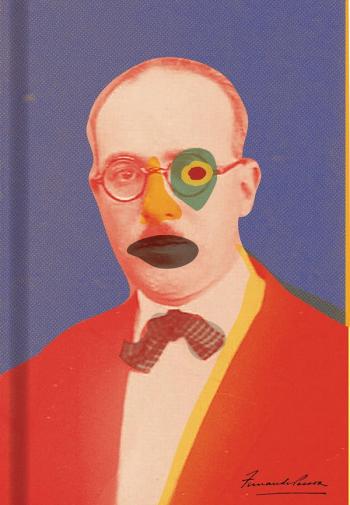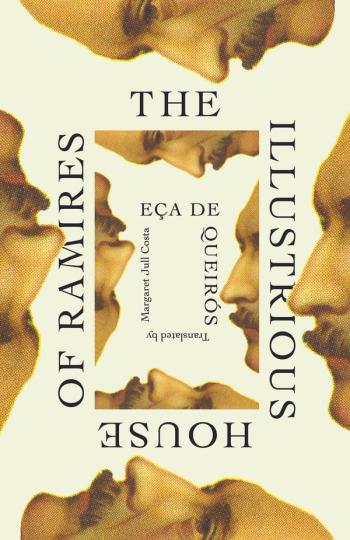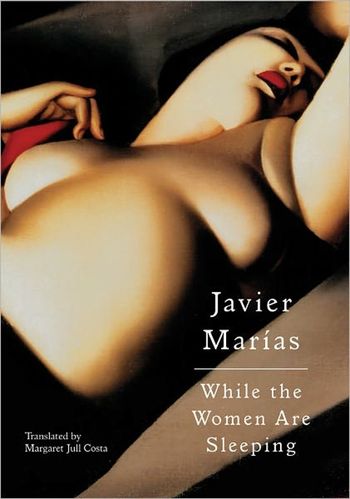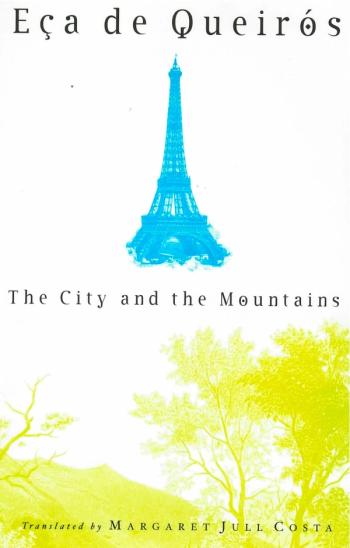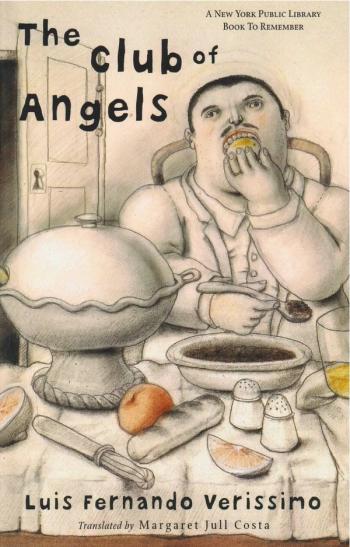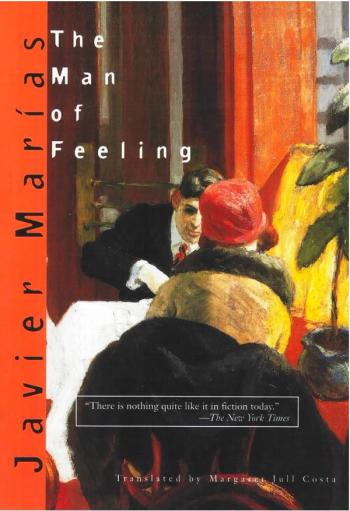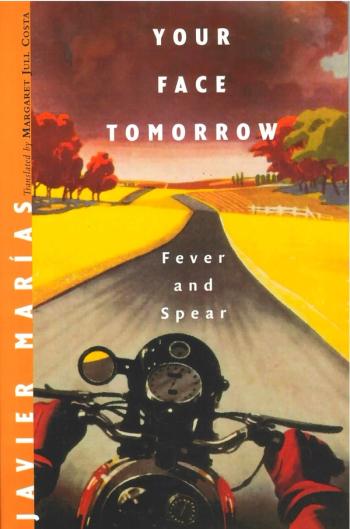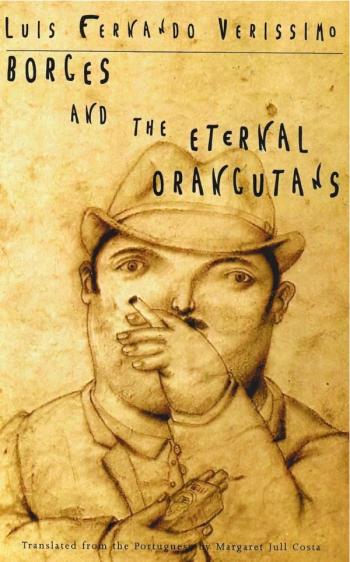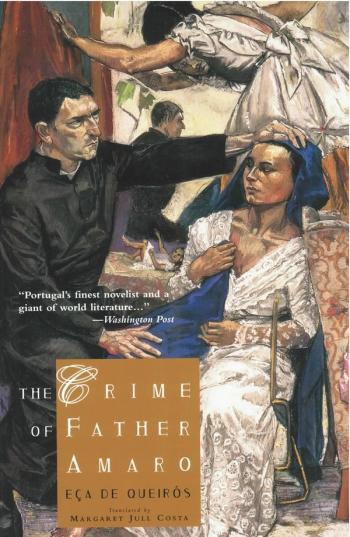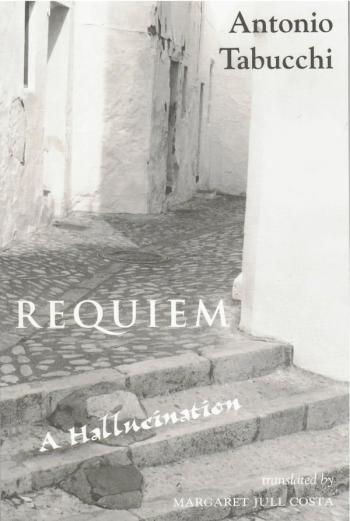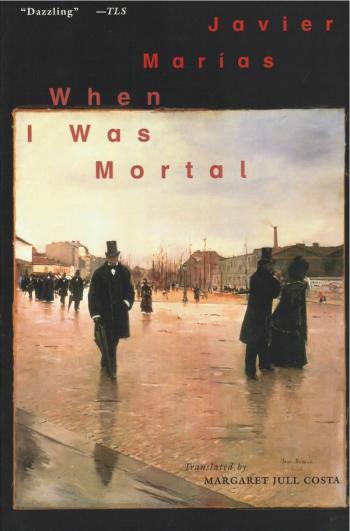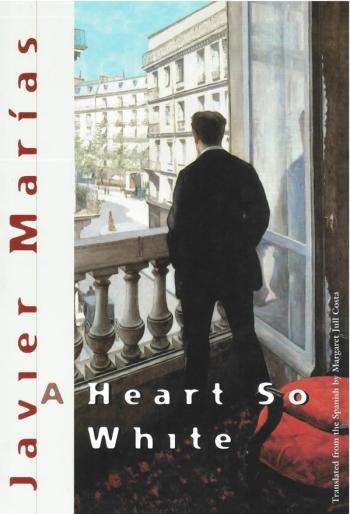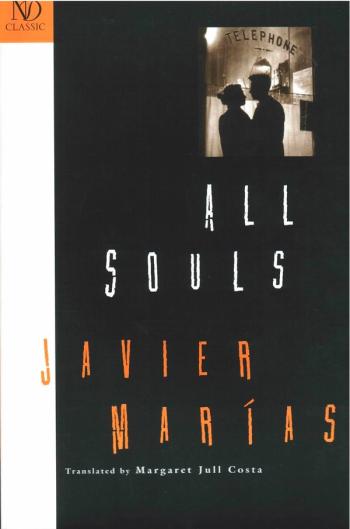The Book of Disquiet is the Portuguese modernist master Fernando Pessoa’s greatest literary achievement. An “autobiography” or “diary” containing exquisite melancholy observations, aphorisms, and ruminations, this classic work grapples with all the eternal questions. Now, for the first time the texts are presented chronologically, in a complete English edition by master translator Margaret Jull Costa. Most of the texts in The Book of Disquiet are written under the semi-heteronym Bernardo Soares, an assistant bookkeeper. This existential masterpiece was first published in Portuguese in 1982, forty-seven years after Pessoa’s death. A monumental literary event, this exciting, new, complete edition spans Fernando Pessoa’s entire writing life.
I don’t get indignant, because indignation is for the strong; I don’t resign myself, because resignation is for the noble; I don’t keep silent, because silence is for the great. And I am neither strong nor noble nor great. I suffer and I dream. I complain because I am weak and, because I am an artist, I amuse myself by weaving music about my complaints and arranging my dreams as best befits my idea of beautiful dreams.
My only regret is that I am not a child, for that would allow me to believe in my dreams and believe that I am not mad, which would allow me to distance my soul from all those who surround me.
(1913)
Everything interests me and nothing holds my attention. I listen to everthing while constantly dreaming; I notice the tiniest facial tics of the person I’m talking to, pick up minimal changes in the intonation of what they say; but when I hear, I do not listen, for I’m thinking about something else.
(1930)

